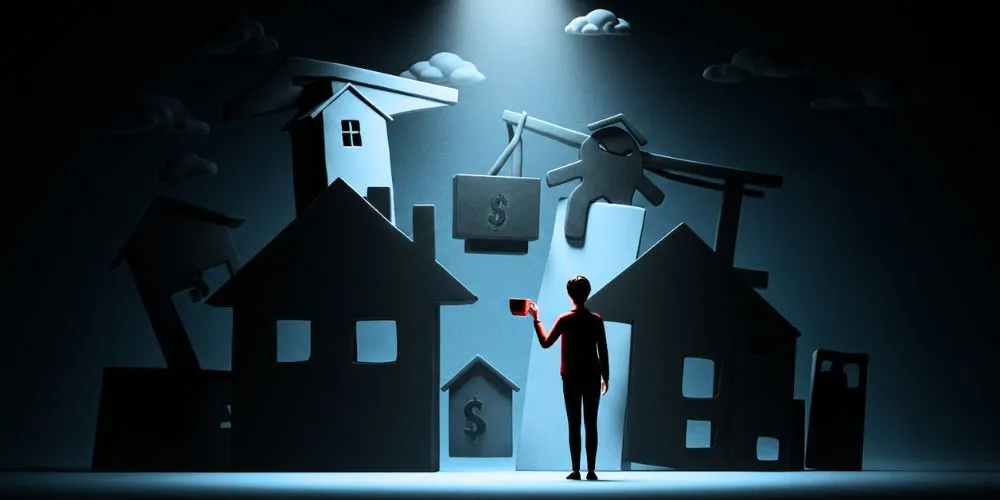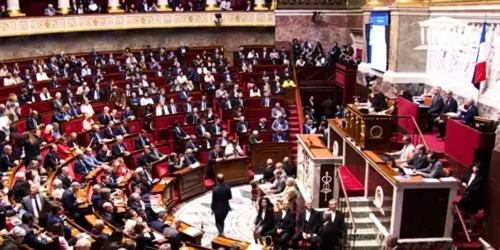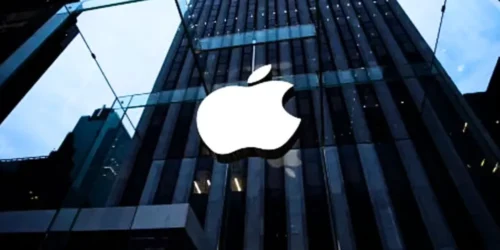Every time the economy gets tough, the same tired advice resurfaces: “cut out the lattes,” “cancel your subscriptions,” “pack your lunch.” This narrative, which puts the entire burden of financial struggle on individual spending habits, is not just unhelpful; it’s a condescending and dangerous lie. It’s a deliberate attempt to distract us from the real reasons so many people are struggling: systemic failures.
The Myth of the Avocado Toast
The idea that small luxuries are the cause of financial instability is a convenient fiction for those who benefit from the status quo. It overlooks the mathematical reality that the costs of housing, healthcare, and education have skyrocketed over the past few decades, while wages for the average person have remained stagnant.
You Can’t Budget Your Way Out of a Broken System
No amount of careful budgeting can make up for a 50% rent increase or an unexpected $5,000 medical bill. You can’t coupon your way out of student loan debt that balloons faster than you can pay it. We are asking people to play a game that is rigged against them and then blaming them for losing.
A Tale of Two Economies
We are told the economy is “strong” because the stock market is up and corporate profits are at a high level. But for millions of people, this means nothing. They are working harder than ever and falling further behind. This isn’t a personal failing; it’s the predictable outcome of policies that have favored capital over labor for generations.
The Blame Game Is a Distraction
Focusing on individual spending habits prevents us from having the necessary conversations about living wages, affordable housing, universal healthcare, and fair taxation. It’s a classic misdirection, making us fight over scraps while a handful of people run away with the entire feast.
Conclusion
Yes, personal responsibility matters, but it exists within a larger economic context. It’s time to reject the patronizing advice to skip the coffee. The problem isn’t your small joys; it’s a system that has made basic financial security feel like an impossible luxury. Let’s stop auditing our coffee budget and start demanding a fairer economy for everyone.













